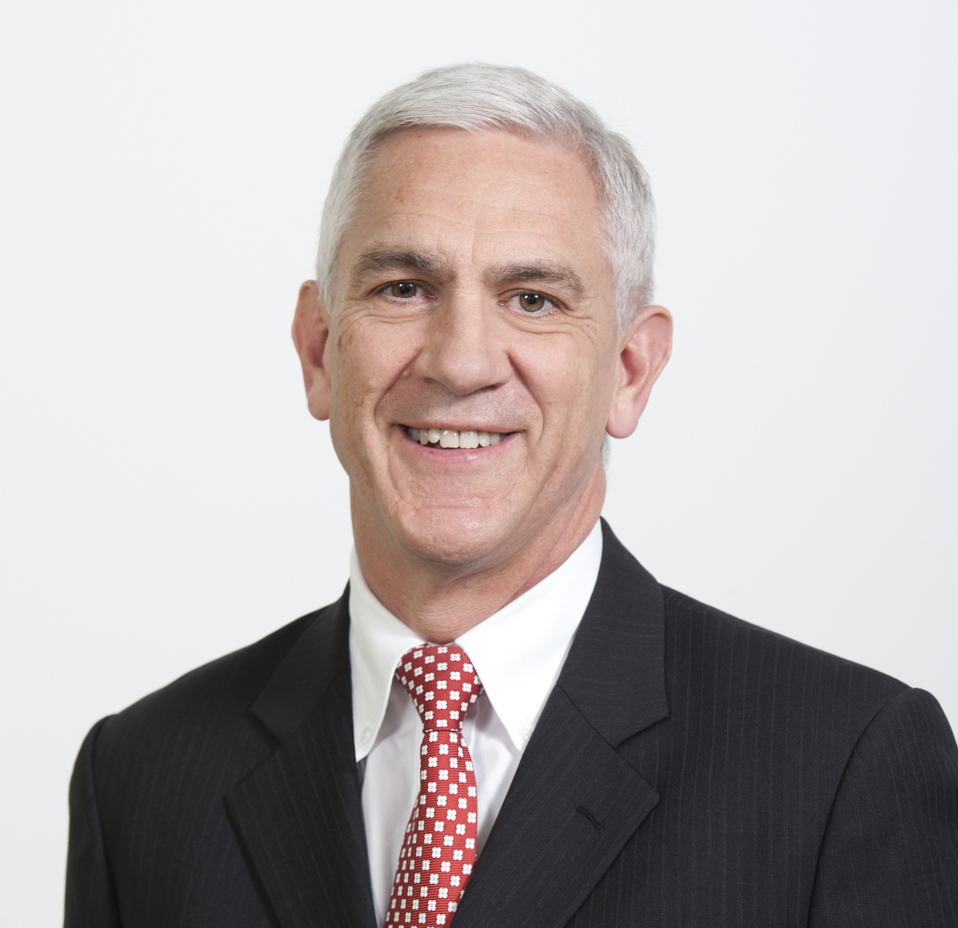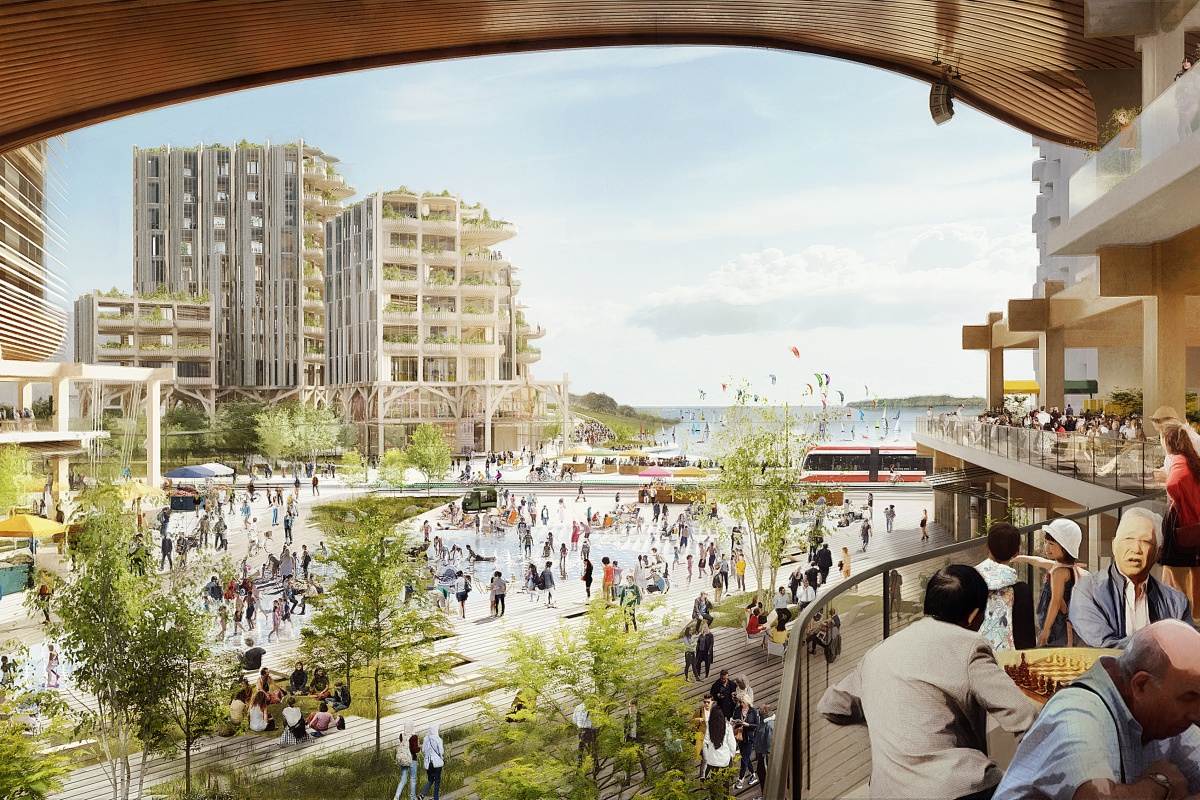
Photo: 130717_MichaelDixon_8736_print2
How will cities benefit from IBM’s new cognitive approach?
10 December 2015
Cities Today spoke to Michael Dixon, General Manager, Smarter Cities, IBM about the global tech company’s push of its self-titled Cognitive Era and what it means for cities
How does this new Cognitive Era change your relationship with cities?
We will continue our presence in smarter cities and state, local, regional governments around the world. There’s no doubt our efforts in smarter cities have been very successful, and we’ve developed a trend we observed years ago into a mainstream business.
I think we are incrementally moving towards an evolution that I’ve been talking about for a few years. Cities are very active in improving systems by applying technology and over time we’ll see cities increasingly become a system of systems. That really directs the thinking toward what we see cognitive computing doing. It’s not going to be long before we see very sophisticated systems that actually run a traffic system in a system or really optimise and manage energy consumption across a broad area.
The data generation capability from IoT [Internet of Things], the capacity of broadband networks and then the ability to apply intelligence to lots of data, means we are increasingly seeing machines and cognitive capabilities optimising things without human intervention.
A great example is that we recently bought The Weather Company, and data from weather company assets might predict a significant deluge of rain. It could alert people that might be affected by the deluge, it would engage emergency services to prepare it to provide support at the right place at the right time, and notify people of what was going to happen. They are all done by machines talking to each other to make these things happen and then helping people deal with the particular circumstances, in a very sophisticated way.
Does the new Operations Center 5.1 already utilise this technology?
This positions for it. This is not short term; we are going to see this evolution happen over a long period of time. We’ve been talking about smarter cities for nearly a decade and so what we are seeing is some sophistication of that. One of the fantastic things about IBM is the frontiers and possibilities with Watson and other things that are coming in the roadmap in the future and then applying those as fast as we can to universities and public and private commercial uses.
Are you focusing on any particular cities or regions?
Not really, one of the things that stands out is that leaders emerge from around the world in different industries in different places in different times and so there is no real characterisation of things in that matter. Water is very important in Africa and the Middle East and Europe, public safety is very important in the US and Europe and increasingly in some parts of Asia. Energy is a great deal–and very much a focus–in the Nordics and other parts, and increasingly China is interested in the environment so all of these things give a quite a patchwork of interest in particular areas of expertise.
Some would argue that this cognitive approach is not all that new and has been primarily developed by smaller companies. Is IBM playing ‘catch-up’ and what sets your approach apart from other competitors?
We are certainly not playing ‘catch-up’, we are well advanced in thinking through some of these concepts, thinking through how technology can help tackle some of the biggest problems and challenges we have and then working with leading customers to apply it to prove that’s the case.
One of the things that IBM is remarkable for is its ability to foresee the landscape of an industry and stake out the broad parameters of industry. We then create a market where we see all manner of companies–from those people that would compare ourselves to us to others–that are eager to apply our capabilities through to many small companies that want to utilise that technology to specific purposes.
We defined the smarter cities market, we are leading it now and I think this is about us working with cities around the world to push even further ahead and explore the possibilities of the system of systems and increasingly cities that have a very cognitive approach of how they tackle some of their biggest challenges.
We’ve never been more focused, more energetic or more optimistic around the opportunities for cities ahead.






